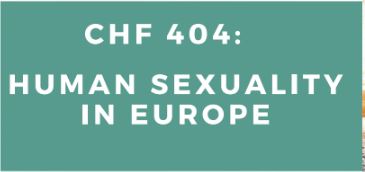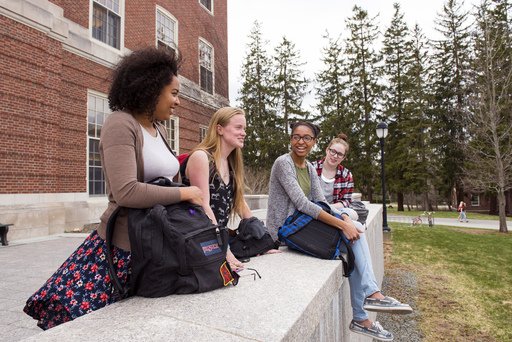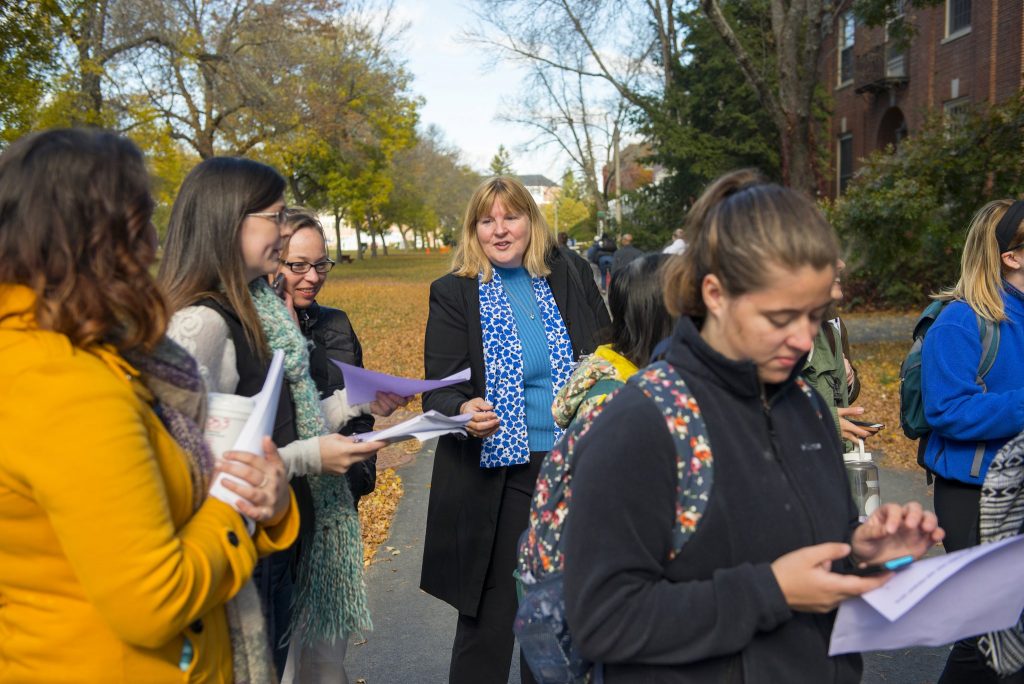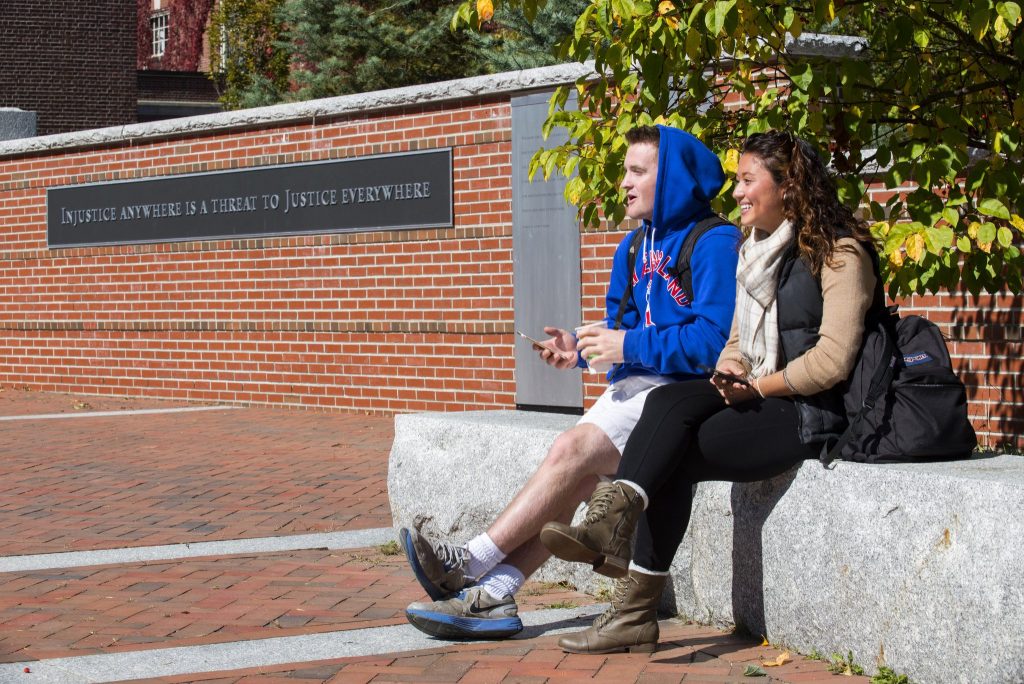Academics
Department Partnership Collaborations: WGS Partnership Initiative
WGS began a new Department Partnership Initiative in the Fall of 2023. This initiative recognizes that many faculty across the university are teaching courses that correlate to or engage with the kinds of issues and questions that arise in Women’s, Gender, and Sexuality Studies. WGS is now working with faculty in departments as far-ranging as (but not limited to) Anthropology, Biology, Economics, English, Nursing, Music Education, Psychology, Sociology, and Social Work, so to identify courses offered in their major that would also be great candidates as WGS electives. Many but not all of these courses are available to students in other majors. We call our new WGS electives
“double-dipped” courses as in many cases, they will count twice—once towards the student’s primary major, and then, twice, as a WGS elective. We provide two different models of the “double-dipped” course:
1) Intermediate or upper-level courses designed exclusively for students in a particular major (e.g. Biology, Music Education, Nursing) that now also count as WGS electives, given their substantial inclusion of WGS perspectives (such as gender-related content or feminist approaches to material). These courses are listed under their primary designator, e.g. NUR or BIO.
2) Intermediate or upper-level courses designed to draw together two groups of majors with different disciplinary backgrounds, so that each group of students has different points of expertise in the course. These courses are cross-listed so to be offered in two majors, e.g. ENG371/WGS 371.
To help facilitate our Department Partnerships, WGS has also undergone curricular modifications in both the major and the minor. Requirements for our major and minor now include more options than ever before, so as to enable students to move through our programs with more flexibility and to take courses that feel especially relevant to the work they are doing in other programs of study! As we build our Department Partnerships, we are finding that our double major and minor are growing, now that more students than ever before can fulfill some of their elective credits through their work in their primary major! Students are additionally reporting that coursework in WGS enhances the work they do in their primary majors
and helps them prepare in new ways for their prospective careers. We are excited about these new electives and
we hope you will be too. See below for our faculty and student interviews about these courses and what they offer!
Academic Interviews
PAST INTERVIEWS
WGS / CHF 404 MAY TERM TRAVEL COURSE

TRAVEL DATES: May 11-29, 2025

FOR AN APPLICATION
CONTACT
Sandra L. Caron, Ph.D
Professor of Family Relations/Human Sexuality
scaron@maine.edu – 207-581-3138


ABOUT THIS TRAVEL COURSE
This three week travel study program provides students with a broad international perspective on how other cultures deal with sexual and reproductive health issues.
We will visit sites in London, England, Amsterdam, the Netherlands and Stolkholm, Sweden and compare how these countries deal with issues such as teen pregnancy, contraception, abortion, sexuality education, and public policy issues related to HIV/AIDS, sexual oreintation, and prostitution.
Special lectures, field trips and on-site briefings will provide the opportunity for students to question assumptions about culture and sexuality, and to learn from societies that have different solutions to similar problems.
- This is a Spring course with a few planning meetings
- Travel will take please May 11-29, 2025
- Cost: 3 credits of tutition PLUS $5,500 program fee
- A valid passport and proof of health insurance
- Prerequisite: CHF 351 HUman Sexuality or equivalent

WGS 411 Internship Overview
Students pursue internships in workplaces such as businesses, non-profits, and other organizations. Course meetings provide students with faculty mentorship, opportunities to troubleshoot their internship work with peers, and related course content. Topics covered may include diversity/equity/justice in the workplace, social justice in the community, correlation between academic courses and the workplace, and career- exploration/preparation. For each topic, strategies for improving workplace communication are also covered. Each student will design their internship in consultation with their host organization and the course instructor such that it meets their specific interests/goals. Internship work will vary, but typically includes activities such as research, ideation, communication, writing, public relations, editing, content development, community organizing, and other related activities.
Requires 8 to 10 hours of internship work a week over 14 weeks.










